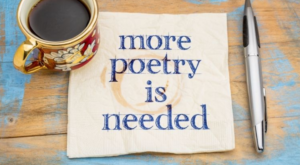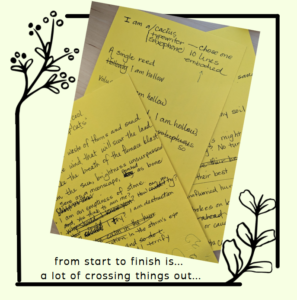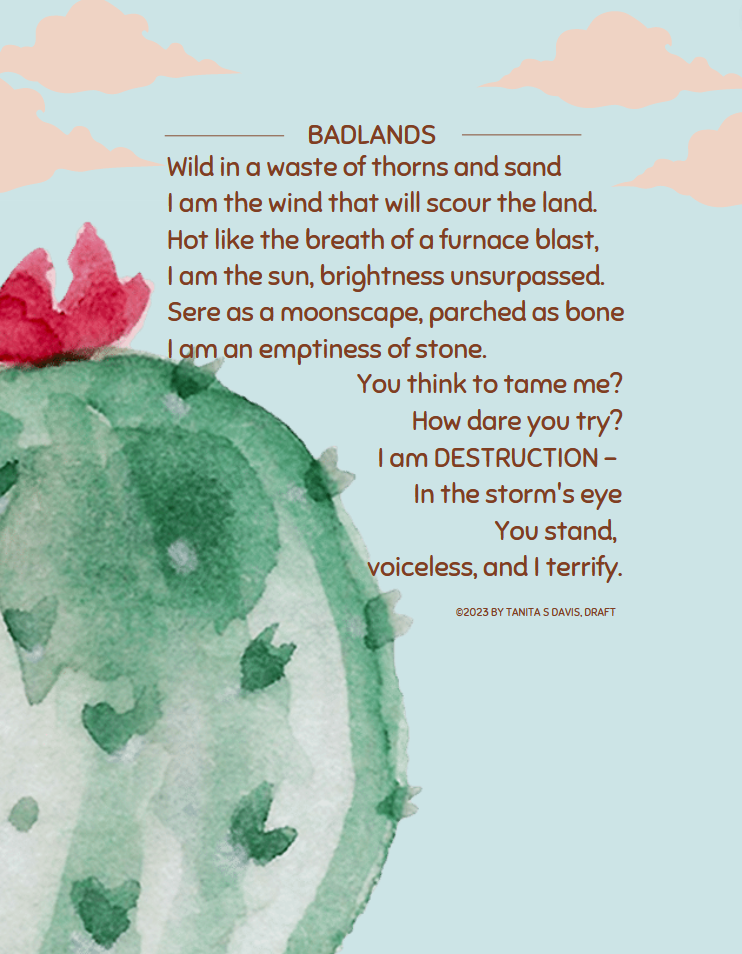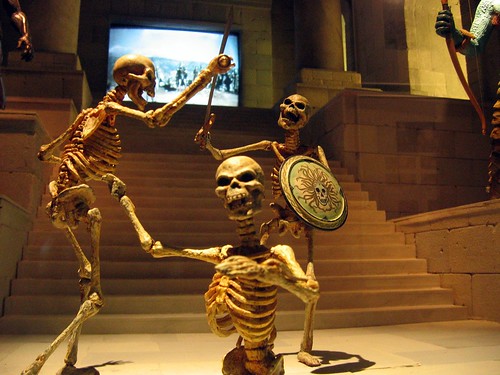You are cordially invited to March…
In this hemisphere, March is the month of seeds, the month of being in the raw cold, pushing seeds into the clammy earth with cold fingers.
I haven’t yet gotten to the second part of that last sentence, the pushing in of the seeds with cold fingers. I’m still in the indoors stage, waiting for the raw cold to abate, trying to possess my soul in patience at each new frost warning. This is why half the dining room table is covered with seedlings, strawberry plants and lavender bushes straining toward the light. This is why both my lasagna pans are filled with mini pots of soil. This is not a month for company at my house; I have little packets of seeds and pots on most flat surfaces, and nowhere to put you that isn’t covered with proto-plants. I think I’m worse than usual this year, because it’s been such a cold, gray time. Not just winter, of course; winter is supposed to be cold and gray. I mean the cold grayness of book bans and disheartening political chicanery, of climate threats, and mass shootings, of war anniversaries. I have never needed the hope and anticipation of a garden more.
The Poetry Sisters have been riffing off of the word “transformation” as part of their poetic peregrinations this year. One of the synonyms for the word, evolution, has been quietly reverberating through my poetry practice. With my Deeper Dive group, I’ve been “diving” into some of the exercises in The Practice of Poetry, with the goal of keeping better track of how my poems change, and where I begin with them as opposed to where I end up. It’s been kind of intriguing to see some of them come together, and to feel like I am finally beginning to find my feet as a semi-sorta-kinda poet. (Don’t @ me – it’s a process.)
In doing an exercise to imaginatively embody inanimate objects, I tried to apply the idea of change. I tried to imagine what typically comes to mind when I think of this or that object – and then toss it, enabling me to think past my first reflexive thoughts. Most of my beginnings weren’t poems, they were lists – beginning with the word “I am.” Three objects later, I returned to look at my lists and try and figure out what lines, moved and rearranged, had some kind of theme to them. A few more switches and refinements, and I began to hear… something. Is it a poem yet? Maybe? All I know is, it’s a …start.
The key to having gotten this far is having… started. It sounds kind of obvious when stated so baldly, but it took me a while to figure that out. So many people want to “be a writer,” and state this desire with a fervid sort of earnestness… but writers learn that desire alone cannot be the endpoint. It’s desire and. Desire and work. Desire and beginnings, middles and endings. It’s desire and editing and rewriting. How do you get there from here? You…desire, and then you begin. Somehow in prose I knew that, but just hadn’t figured it out for poetry.
So, anyway, here you are – land cleared and furrow turned. Here you are with seeds in your back pocket, looking at this expanse of earth, wishing for a garden.
I’ve got great news for you – you can take the next step to whatever your goals are. Transformation is at your fingertips. Are you game?
A frequent saying of mine is that anything I write, I’m also writing to myself. As I have a meeting with my editor (triumphantly back from striking) in a few hours, I’ll be thinking of the transformations ahead – the beginnings and the work to be done. As I continue to noodle with various poems, as I look out at the gray world, I’ll be thinking of the transformations necessary. The seeds in my pocket. The call to… begin.
Good luck, all. Remember…

Poetry Peeps! A little reminder for our challenge in the month of March: We’re writing an etheree. This ten-line form begins with a single syllable, and each line expands by one syllable until the tenth line has ten. We’re continuing with our 2023 theme of transformation, but how you interpret that topically is up to you. You have a month to craft your creation and share it on March 31st in a post and/or on social media with the tag #PoetryPals.
















